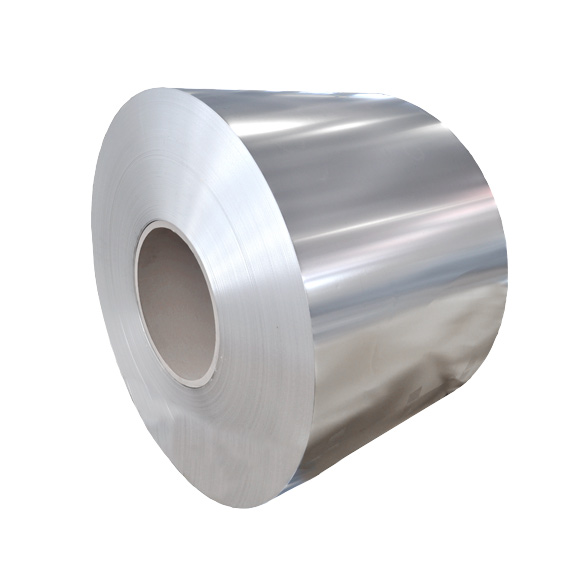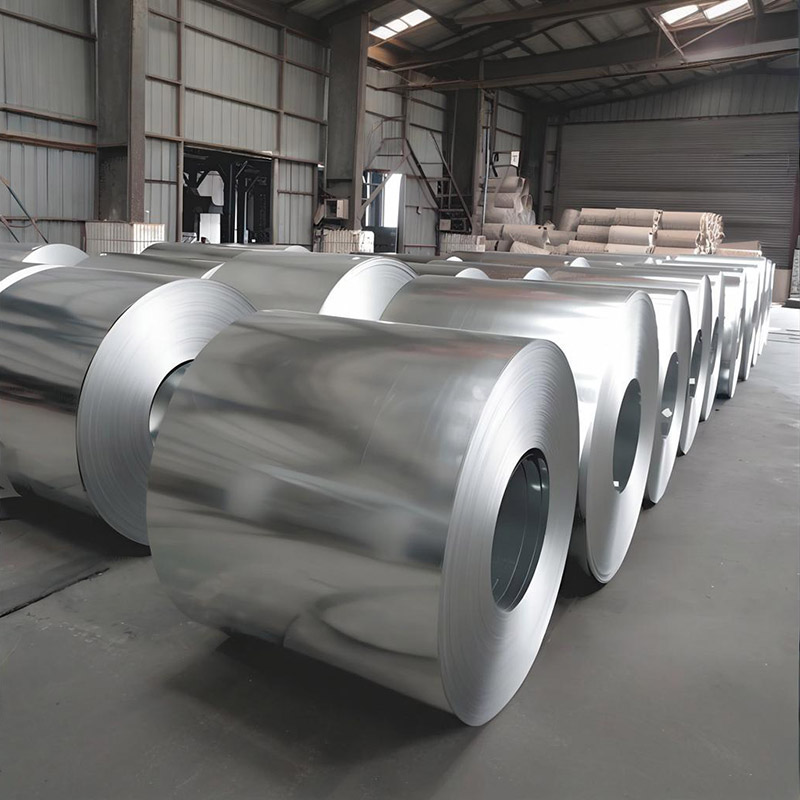What makes tin free steel (TFS) the preferred material for beverage can ends in today’s competitive packaging industry? As the beverage market continues to evolve, understanding the properties and applications of TFS becomes increasingly important for manufacturers and sustainability advocates alike.
Tin free steel, commonly known as TFS, is a thin low-carbon steel sheet coated with chromium and chromium oxide. Unlike traditional tinplate, TFS offers excellent corrosion resistance while maintaining superior formability and paintability. The chromium layer provides a passive surface that protects the underlying steel from oxidation, making it ideal for direct contact with beverages. This material has become increasingly important as beverage manufacturers seek to reduce costs without compromising quality or safety.
The primary application of TFS lies in beverage can ends, where it serves as the critical sealing component. The material’s excellent drawability allows for complex end shapes while maintaining structural integrity. Modern TFS formulations enable easy attachment of easy-open ends, enhancing consumer convenience. Additionally, TFS provides an ideal surface for various coating systems, including water-based lacquers that protect against beverage corrosion and extend shelf life. The material’s compatibility with high-speed manufacturing processes has further cemented its position in the beverage packaging industry.
Several key trends are shaping the TFS market. Sustainability concerns have led to increased interest in TFS due to its recyclability compatibility with existing steel recycling infrastructure. The growing demand for craft beverages and premium packaging has also driven innovation in TFS coatings, allowing for more visually appealing and distinctive can designs. Furthermore, lightweighting initiatives in the beverage industry have prompted TFS manufacturers to develop thinner yet stronger materials, reducing both material usage and transportation emissions.
Despite its advantages, TFS faces challenges including fluctuating raw material costs and competition from alternative packaging materials. However, ongoing research in chromium-free coatings and surface treatments presents exciting opportunities for further enhancing TFS properties. The beverage industry’s shift toward more sustainable practices also positions TFS favorably, as it aligns with circular economy principles through its high recyclability and potential for increased recycled content.
In conclusion, tin free steel continues to play a vital role in beverage packaging, particularly for can ends. As market demands evolve, TFS manufacturers must innovate to meet sustainability, performance, and cost challenges. The material’s unique combination of properties ensures its continued relevance in an increasingly competitive and environmentally conscious beverage packaging landscape.



